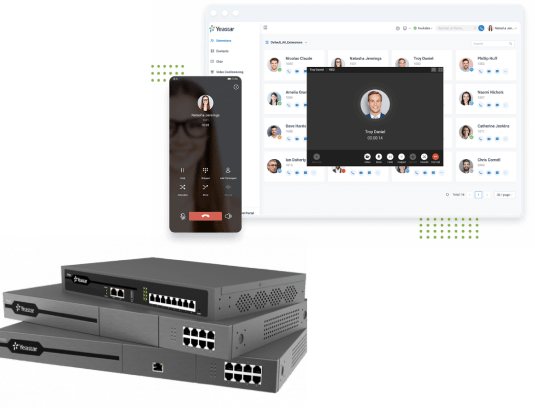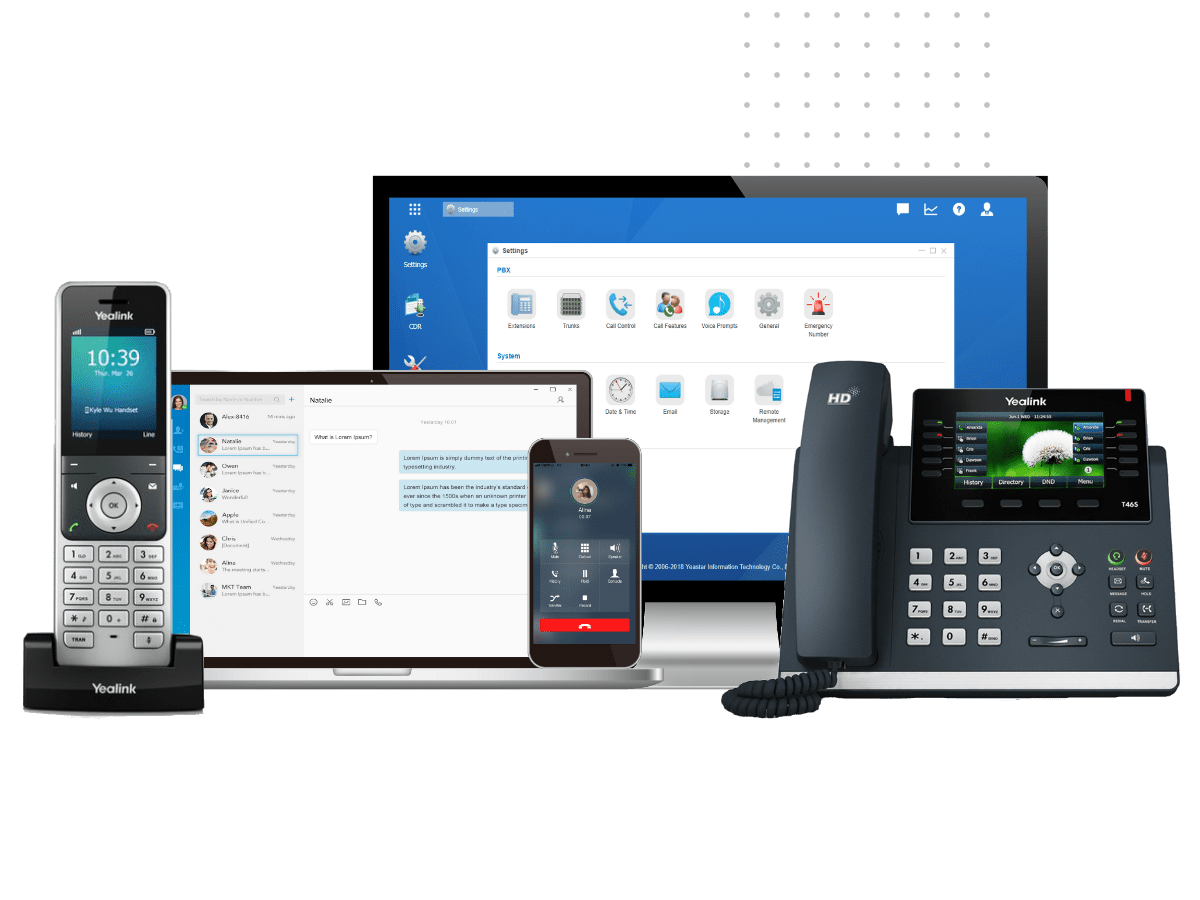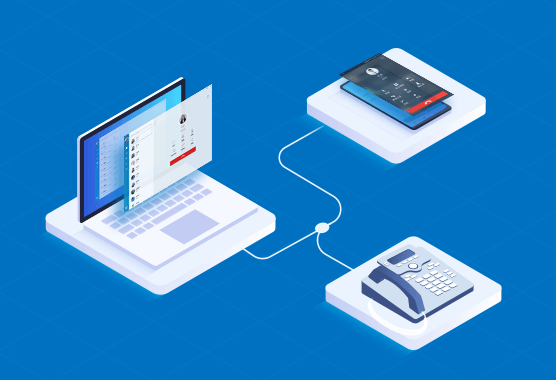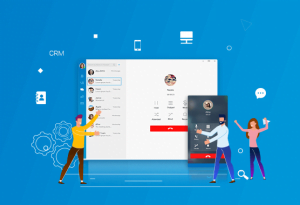

In today’s digital-first business environment, an IP phone is more than just a desk accessory—it’s a gateway to efficient, cost-effective, and scalable communication. Also known as an Internet Protocol phone, an IP phone connects directly to the internet instead of relying on traditional phone lines.
This article will help you understand what an IP phone is, how it works, its benefits, and how it differs from other phone systems.
An IP phone is a type of telephone that uses Voice over IP (VoIP) technology to place and receive calls over an internet connection. It can be a hardware-based handset or a software-based application that simulates a phone interface on a computer or smartphone.
Unlike traditional analog phones that use the public switched telephone network (PSTN), IP phones operate entirely over the internet or private networks.
IP phones convert voice signals into digital packets, which are transmitted via the internet to the recipient’s device. These phones connect directly to your local area network (LAN) via Ethernet or Wi-Fi.
Once connected, they communicate with a VoIP server or hosted PBX (Private Branch Exchange) to manage features like call routing, voicemail, caller ID, and conference bridging. This setup ensures real-time communication with high-quality audio.
IP phones eliminate the need for expensive analog infrastructure. Calls, especially international ones, are routed over the internet, greatly reducing monthly phone bills. Businesses no longer need to maintain separate voice and data lines, which cuts down on both setup and operational costs. For growing companies, this means the freedom to expand communications without being locked into expensive telecom contracts or physical hardware limitations.
With support for wideband codecs such as G.722, IP phones offer HD voice quality, making conversations clearer and more professional. High-definition audio reduces misunderstandings and fatigue during long calls, especially in customer service, sales, and collaborative meetings. This leads to more efficient communication and a better experience for both employees and clients.
Whether you’re onboarding one new hire or opening a new branch, IP phones make it easy to scale without complex hardware setups. New devices can often be added to the network with minimal configuration. This scalability allows businesses to respond quickly to growth opportunities or shifting team structures without costly rewiring or telecom changes.
Auto-attendants, call forwarding, voicemail-to-email, and three-way calling are standard on many IP phones. These tools enhance productivity, streamline call handling, and allow businesses to create a professional image regardless of size. Higher-end models even offer video calling, touchscreen interfaces, presence indicators, and integration with CRMs—helping teams manage customer relationships more efficiently.
Softphone variants and mobile-compatible IP solutions allow employees to make and receive calls from anywhere, ensuring business continuity. With secure VPN connections or cloud-based VoIP platforms, users can stay connected to their business line from home, while traveling, or working across time zones. This flexibility empowers hybrid work arrangements and supports seamless communication across distributed teams. Softphone variants and mobile-compatible IP solutions allow employees to make and receive calls from anywhere, ensuring business continuity.
Choosing between an IP phone and a traditional phone system comes down to more than just how calls are made—it’s about how your business communicates, scales, and operates. Traditional phone systems rely on analog infrastructure, often requiring costly setup and ongoing maintenance. IP phones, on the other hand, leverage internet connectivity to offer a modern, flexible communication experience. The table below highlights the key differences that help businesses decide which option best supports their current needs and future growth.
Feature | IP Phone | Traditional Phone |
Call Quality | HD audio | Standard analog |
Setup Cost | Low | High (wiring + PBX) |
Flexibility | Remote access, mobile use | Limited to office |
Features | Voicemail, call transfer, CRM integration | Basic calling only |
Maintenance | Remote and automatic updates | Manual service needed |
When evaluating IP phone options, consider the following:
Leading brands include Yealink, Cisco, Poly, and Grandstream, all offering a range of models tailored to different business needs.
A stable internet connection is more important than speed. Prioritize low latency and minimal packet loss.
You need either a VoIP provider or an internal VoIP server (PBX) for the IP phone to function.
Yes. Modern IP phones support encrypted SIP protocols and VPN access to secure calls and prevent unauthorized access.
Yes. Many businesses enable remote employees to use IP phones at home with VPN or cloud-based VoIP services.
An IP phone is a modern, efficient, and scalable solution for today’s business communication needs. Whether you run a startup, a call center, or a multi-office enterprise, IP phones provide the reliability and features required to stay connected and productive.
Explore our IP Phone and VoIP Solutions and upgrade your business communications with confidence.





By now, you have probably heard about all the fantastic

Softphones bring a wealth of advantages to business communication, such

Please be informed that our office will be closed from

Please be informed that our office will be closed from
